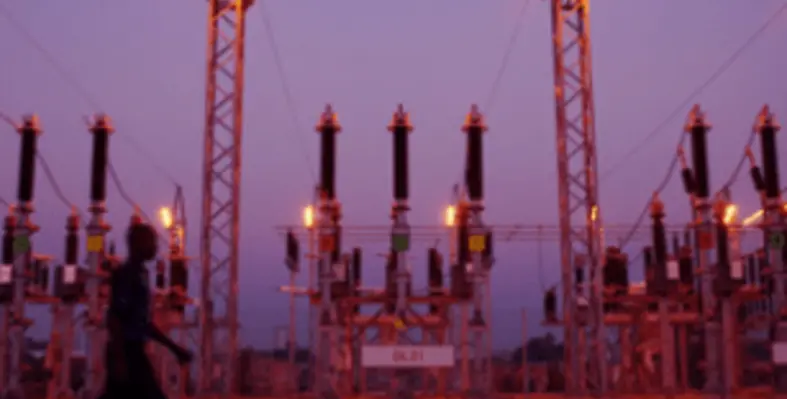John Lewis, managing director at Aggreko in Africa, shares his view on Africa’s energy future potentials, stressing that a universal energy approach is hugely limiting due to the vast differences across the countries in terms of climate, resources and economic position
Africa has seen an unprecedented pace of development. Since the inaugural Africa Energy Forum (AEF) over two decades ago, huge strides have been made across the continent which is now home to some of the fastest-growing economies in the world. This rapid development has created boundless opportunities and with that, significant challenges.
The transformation of Africa has challenged the energy sector players to think differently and innovate to find better solutions for some of the most complex challenges. However, one thing that is far too often overlooked is the uniqueness of each country. “Africa” as a label doesn’t take into consideration the vast differences across the continent in terms of climate, resources, the stage of development and economic position. To take a one-size-fits-all approach is hugely limiting.
Africa’s development is happening against a backdrop of significant change in the wider energy sector. In the past decade, we have experienced the beginning of a global transition in power generation and consumption, which is being driven by four major trends including decarbonisation, decentralisation, digitalisation and demographic change. This transition is having a significant impact on the production and distribution of energy across each country in Africa. What’s more, they are all experiencing the transition in different ways and at a different pace.
“We are faced with the challenge of finding opportunity across a fast-changing continent where each country’s market is developing at a different rate while adapting the challenges of the energy transition. To do this successfully, in my view, solutions need to consider three key elements: innovation, flexibility, and feasibility. I will explore each of these elements in this article,” Lewis commented.
“Innovation is key for one very simple reason: it drives the efficiency needed to address customer challenges individually and offer them bespoke, tailored solutions. We all need business models centred around innovation to have a better understanding of our customers, the environments in which they are operating, and to then run these projects efficiently and effectively to meet their complex challenges.”
Bridging the gap between demand and generation
As the demand for greener energy solutions continues to grow, the major challenge for the market is intermittency of supply. Combining renewable energy sources, such as solar, with gas generation or even battery storage is an effective way to bridge the gap between demand and generation, supporting decarbonisation efforts while ensuring a consistent power supply.
“At Aggreko, We are evolving both our technology and commercial offerings to make sure we are best positioned to provide our customers with the solutions that best fit their needs,” Lewis added.
To provide solutions to a continent as diverse as Africa, the need for flexibility is paramount. To best serve the needs of each market, they need to be seen in isolation rather than a collective. The variables are very significant from country to country.
“We approach each project with new thinking to make sure we provide the most relevant answers to our customers’ power challenges, drawing on our network of local employees and expertise. Around 87 per cent of Aggreko’s workforce in Africa is local employees who provide us with market-specific insight that allows us to provide better solutions for our customers. Our mobile and modular power solutions, delivered by our local experts, are bespoke to help our clients overcome even the most complex of energy challenges.”
There are still many barriers to entry for African nations to capitalise on power solutions. The appetite for development is clear across the continent but the feasibility of achieving ambitions is hindered by financial and regulatory limitations.
That being said, steps are being taken in the right direction. The UK Export Finance is providing greater access to funding provisions that will drive new, innovative energy projects across African countries. Aggreko is pleased to have been working closely with them to roll out this much-needed initiative. But more needs to be done. That’s why we are calling for the UK Government to remove the funding cap for UK Export Finance, thereby greatly increasingly the scope of financial support and, ultimately, delivering more, better solutions across the market.
“The countries in Africa represent the most challenging and the most exciting frontiers for technology innovation. With reliable, cost-effective and sustainable power solutions, these societies represent some of the greatest opportunities for economic and societal development in the world. The future is being written across this continent, and we all have an important role to play in supporting African countries’ ongoing global development,” Lewis concluded.












